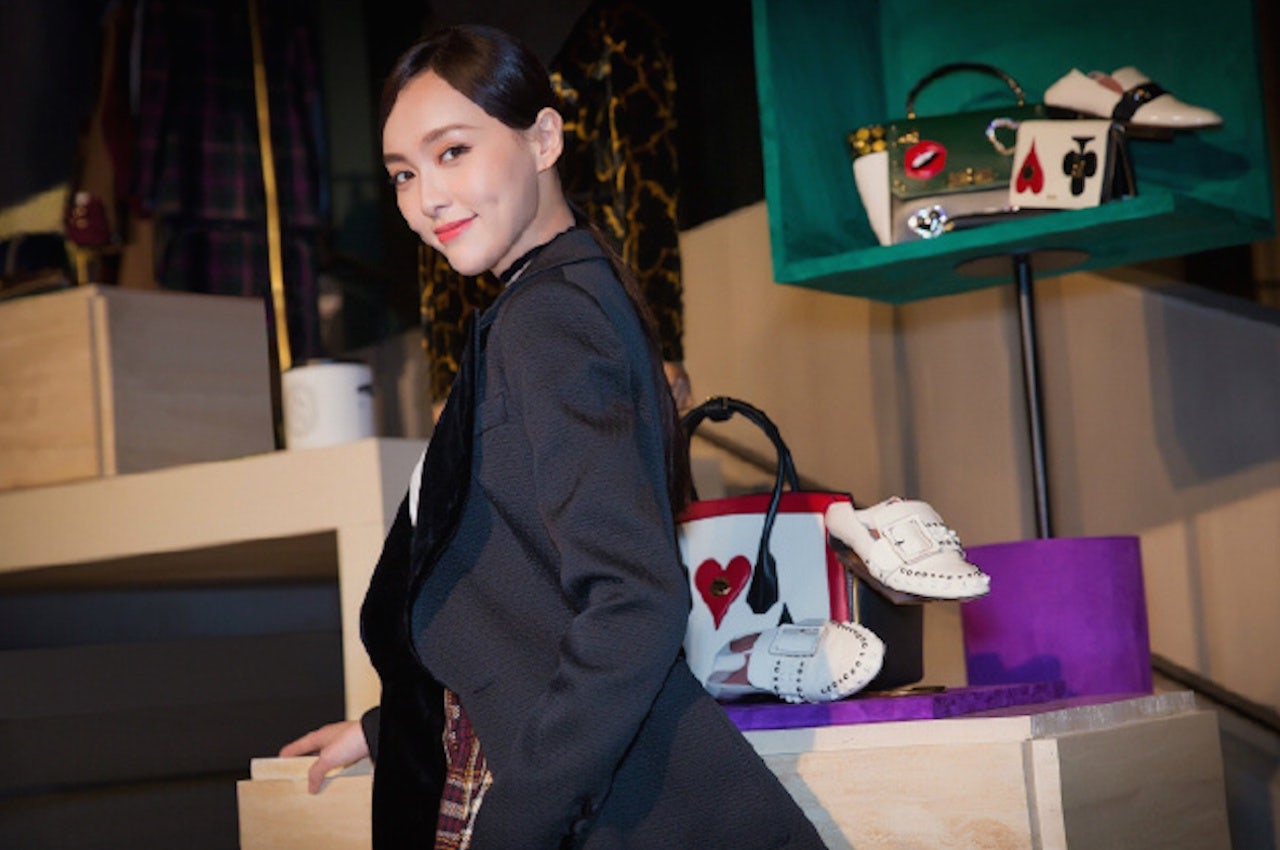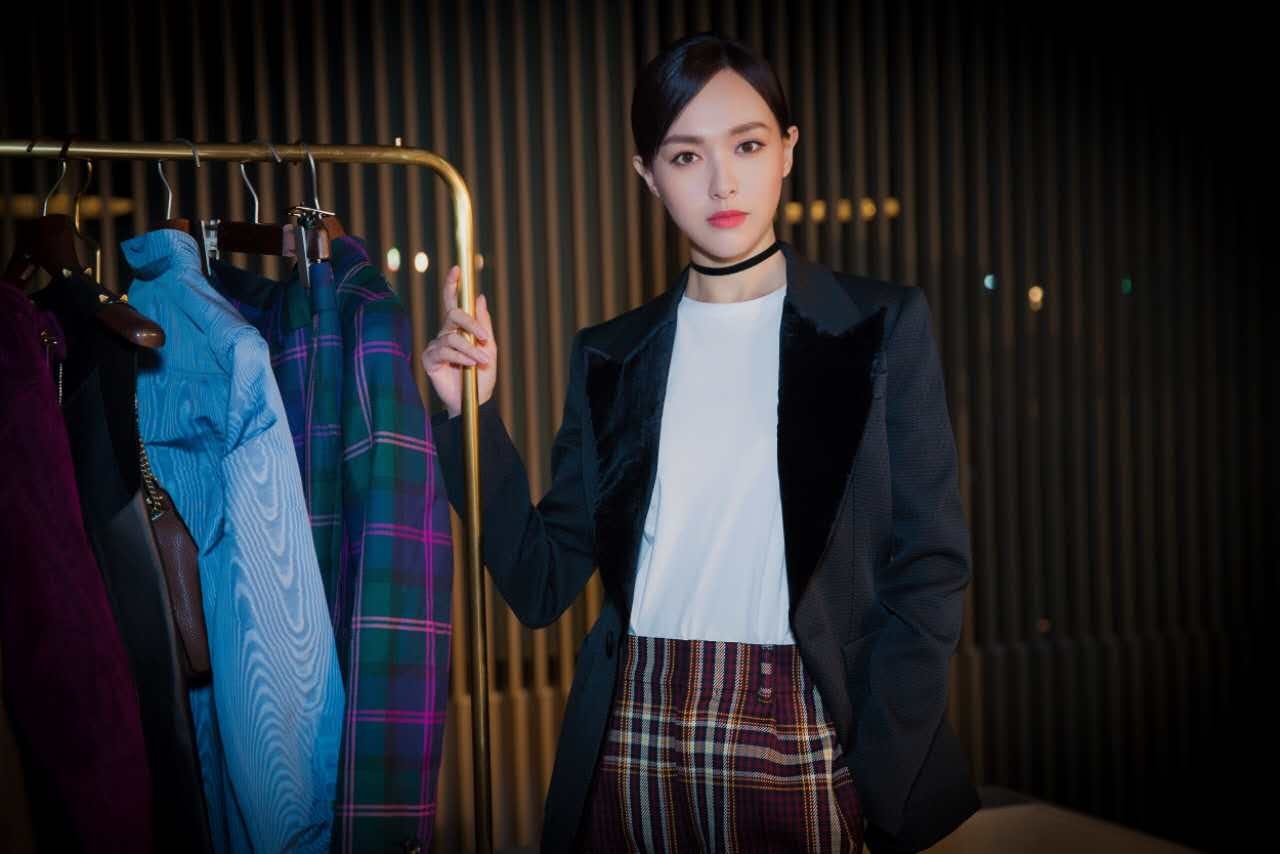On February 9, Chinese Textile and Garment producer Shandong Ruyi Group completed the acquisition of luxury brand Bally. The transaction details have not been disclosed publicly, but an insider told Bloomberg the price paid was around 700 million.
According to Bally’s CEO, Frédéric de Narp, the majority of his team will remain, as will the business strategy, and Bally’s long-term goal of reaching 1 billion in sales.
Bally was officially put up for sale in August 2017 by its parent company, JAB Holding Co. The news attracted many interested bidders, especially from China. In addition to Shandong Ruyi, Fosun Group, menswear brand Septwolves, and Hemei Group were all interested bidders.
This is no doubt due to how established Bally is in China.
Bally entered the Chinese market in 1986, and now has about 60 stores there. According to Bally’s CEO, Frédéric de Narp, Chinese consumers are the most important buyers of Bally's products.
Bally has maintained double-digit growth in China since the beginning, and, in 2016, Chinese customers contributed over half of the brand's sales. In June last year, Bally opened a Chinese e-commerce site and introduced celebrity Tiffany Tang as its Asia Pacific brand ambassador.
The Bigger Strategy#
For Ruiyi, who are building a China luxury group, Bally is an important piece of the puzzle.
"Bally is one of the most important shoe and leather goods brands," Qiu Yafu, chairman of the woollen garment group, Shandong Ruyi, said in a statement. He said that Bally will complement Ruyi's existing resources in terms of both brand culture and product offerings.
Founded in 1972, Ruyi has been an active player in fashion industry mergers and acquisitions in recent years. Its best-known deals include the 2016 acquisition of SMCP, which owns the brands Sandro, Maje, and Claudie Pierlot, for 1.3 billion euros.
In 2016, SMCP’s sales increased 16 percent to 786 million euros, and the company was listed on Paris stock exchange in October 2017. When Deloitte released its 2017 global luxury power report, among the world's top 100 luxury goods companies, SMCP ranked 51.
Ruyi also owns prestigious British trench coat brand Aquascutum, and has bought a controlling stake in Hong Kong menswear group Trinity, the owner of bespoke suit makers Gieves & Hawkes.
What About Chinese Luxury Brands?#
When asked whether Ruyi is aiming to build or acquire any Chinese luxury brands, the chairman of the group was cautiously optimistic.
“It’s hard to build a high-end fashion brand in the short-term,” Qiu Yafu told Chinese media, because the Chinese garment industry is still falling behind Western companies in both innovation or design capacity. "Without 30-50 years of development, it’s impossible to achieve such a task."
He believes that Chinese consumers are not yet ready for a Chinese luxury brand, "If it is a French or Italian brand, people will think it is high-end."
However, he said, "We hope that through the cooperation with foreign teams, we will slowly accumulate the power to develop our own brand in China."


